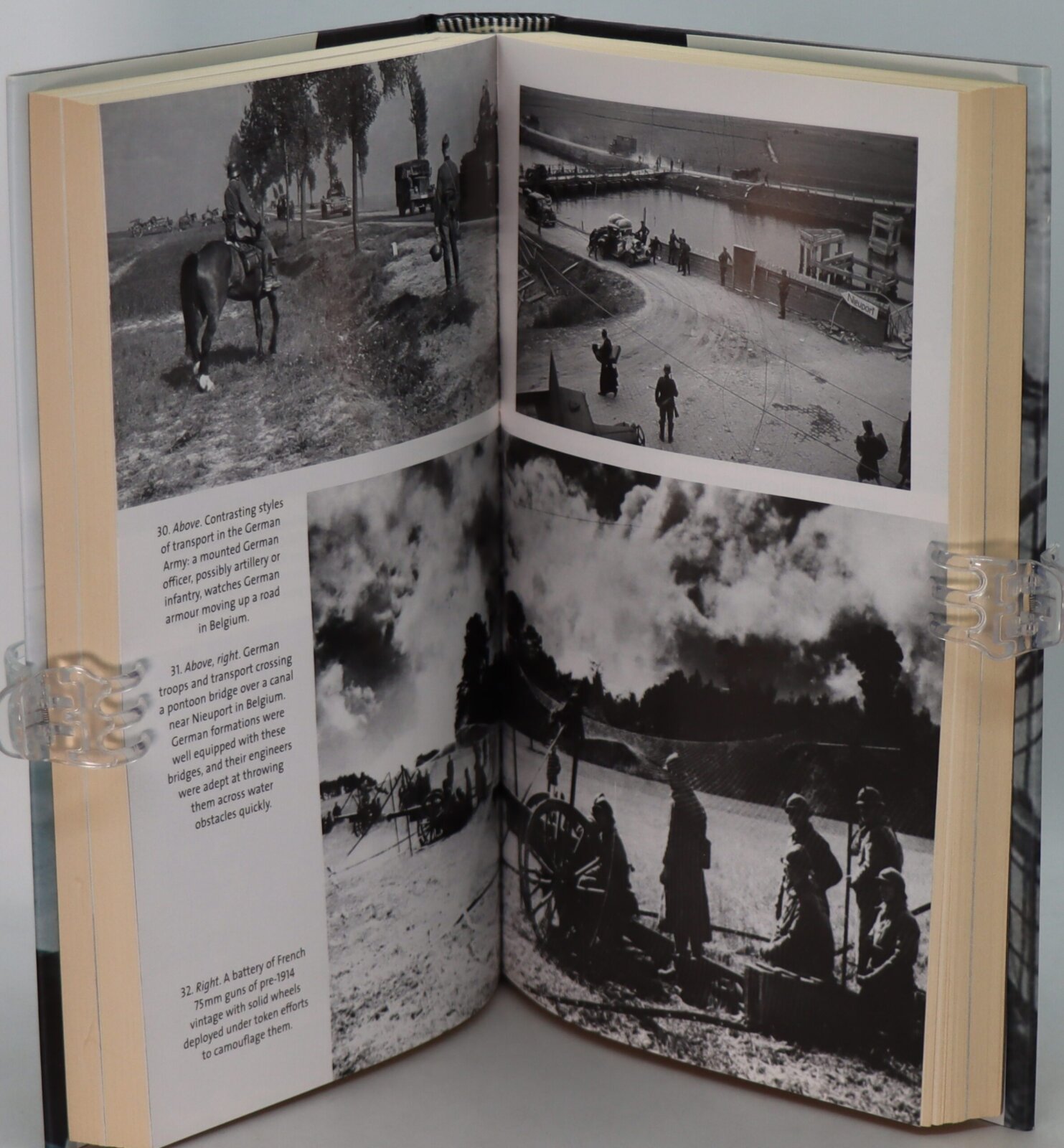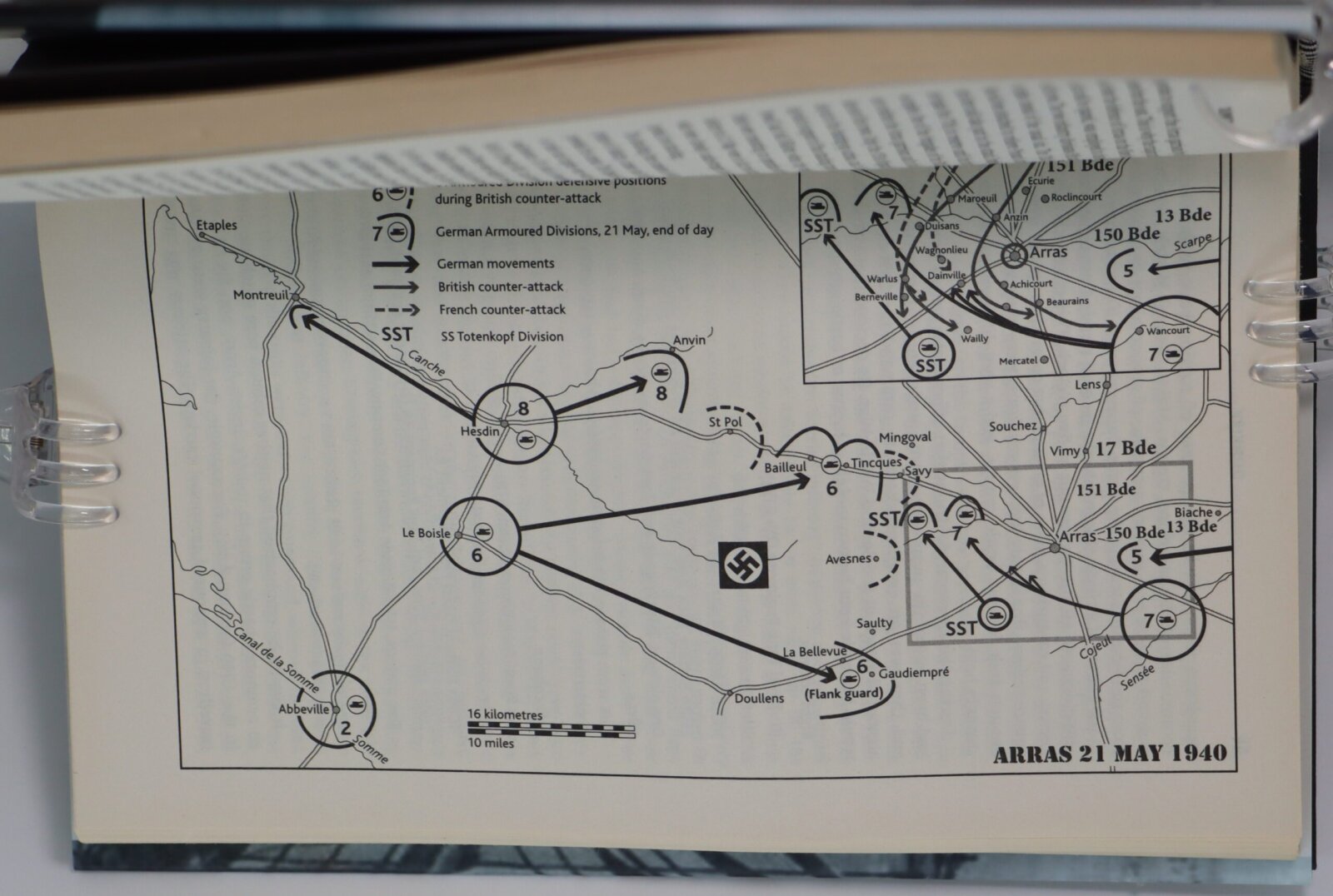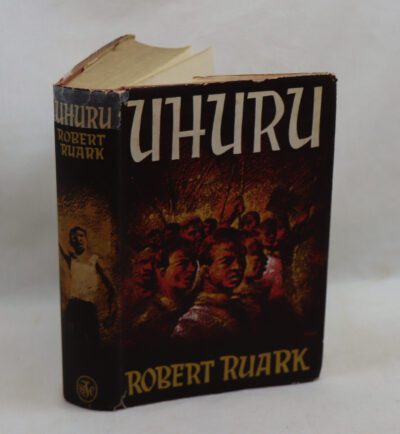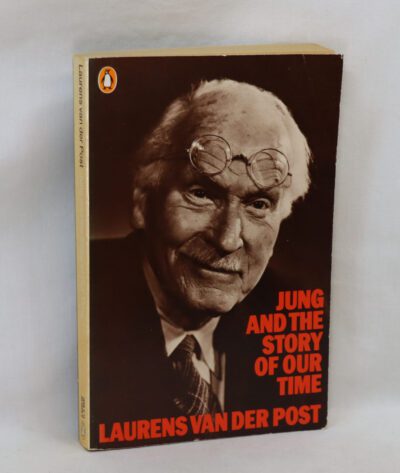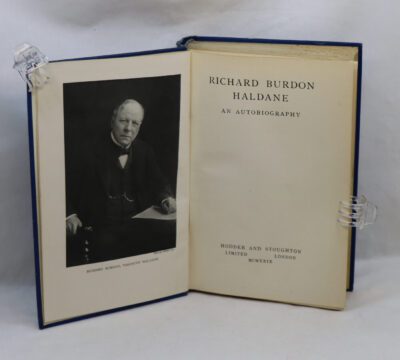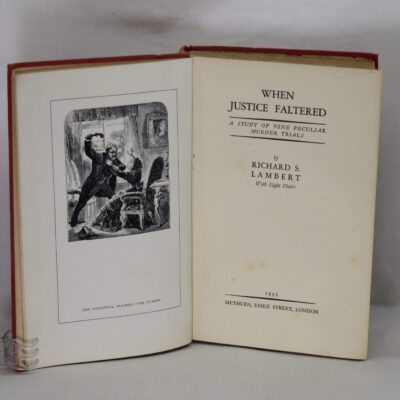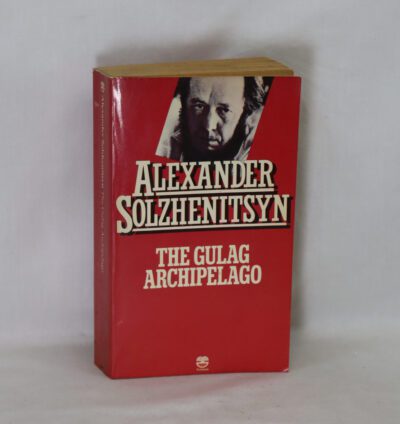The search for your perfect item starts here ...
Dunkirk.
By Julian Thompson
ISBN: 9781611453140
Printed: 2008
Publisher: Sidgwick & Jackson. London
Edition: First edition
| Dimensions | 17 × 24 × 3.5 cm |
|---|---|
| Language |
Language: English
Size (cminches): 17 x 24 x 3.5
Condition: Fine (See explanation of ratings)
Your items
Item information
Description
In the original dustsheet. Black cloth binding with silver title on the spine.
F.B.A. provides an in-depth photographic presentation of this item to stimulate your feeling and touch. More traditional book descriptions are immediately available.
A good collector’s copy.
The rescue of 338,000 British troops from the beaches at Dunkirk is one of the most emotive subjects of the Second World War – a defeat that was turned into a victory in a uniquely British way. In May 1940, the small British Expeditionary Force was sent to help the Belgians and French against the advancing German army. Ill-equipped and under-trained, they conducted a fighting withdrawal in the face of the formidable German army. Churchill feared that nearly all of the BEF would be killed or captured, but most were rescued. Five VCs were awarded to the BEF for the campaign. Drawing on previously unpublished and rare material, General Julian Thompson recreates the action from the misunderstandings between the British and French generals, which resonate to this day, to the experiences of the ordinary soldier. Unlike other books on the subject, he gives full weight to the fighting inland as the BEF found itself in mortal danger thanks to the collapse of the Belgian army on one flank and the failure of the French on the other and corrects popular myths about the evacuation. Dunkirk is both a masterly work of military history and a gripping story of British heroism.
Review: Lucid, comprehensive, and authoritative. I was very interested in Thompson’s general observations. Thompson explains that the BEF was not prepared for what lay ahead, partly due to limited government funding during the 30’s, but also due to army inertia. Thompson describes the state of training as lamentable. There was a failure to integrate the use of tanks, unlike the Germans who took on board the British thinking of Fuller and Liddell Hart on the role of armour. The German army had plenty of tanks, though half of them were obsolete. However, by combining infantry, tanks, guns and aircraft they created powerful mobile striking forces. The RAF made a positive contribution to the BEF, but Thompson identifies various reasons why integrated air support – such as enjoyed by the German army – was not possible.
Want to know more about this item?


